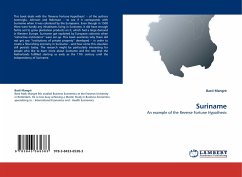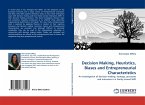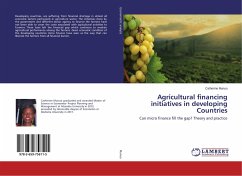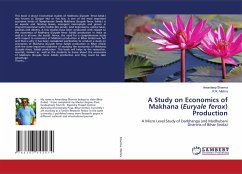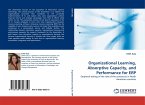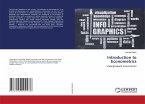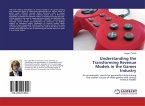This book deals with the 'Reverse Fortune Hypothesis' - of the authors Acemoglu, Johnson and Robinson - to see if it corresponds with Suriname when it was colonized by the Europeans. Even though in 1500 there were hardly any inhabitants living in Suriname, it did have enough fertile soil to grow plantation products on it, which had a large demand in Western Europe. Suriname got exploited by European colonists when "extractive institutions" were set up. This book examines why there did not get any "institutions of private property" developed - in order to create a flourishing economy in Suriname - and how come this situation still persists today. The research might be particularly interesting for people who like to learn more about Suriname and the role that the Netherlands fulfilled starting as early as the 17th century until the independency of Suriname.
Bitte wählen Sie Ihr Anliegen aus.
Rechnungen
Retourenschein anfordern
Bestellstatus
Storno

